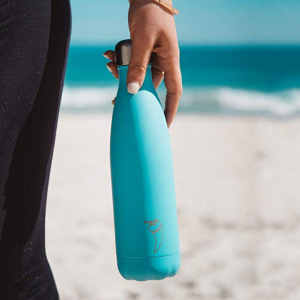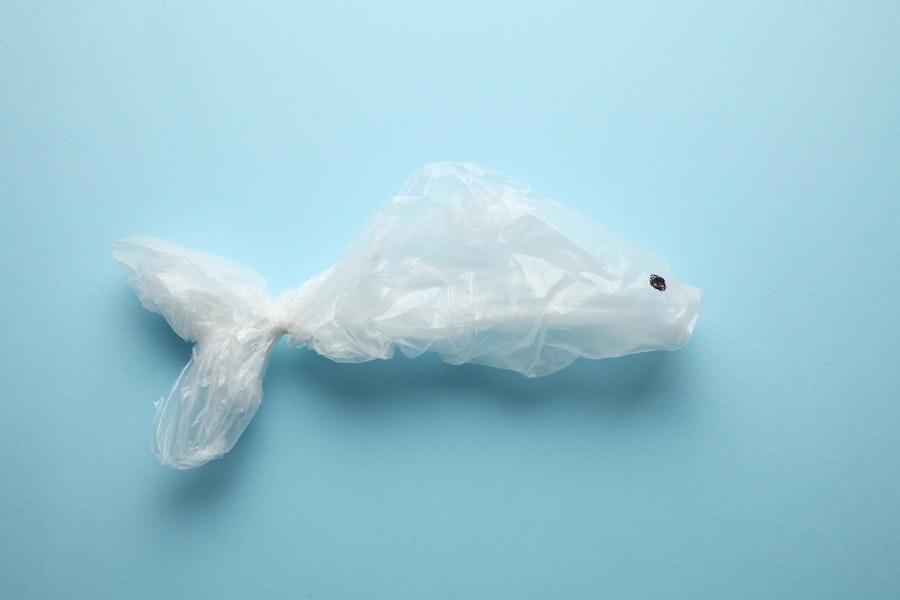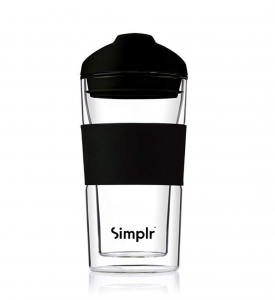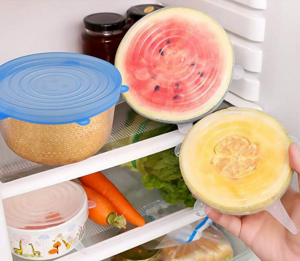Still failing to give up single-use plastic?
These facts (and tips) might help you on your way
We all know we should use less plastic – especially single-use plastic. But it can be hard; from grabbing a coffee or breakfast on the go, to forgetting your water bottle when you go to the gym, or the days you actually make your own sandwiches, only to be thwarted as you wrap them in cling film.

New research from BRITA – makers of water filter jugs and re-usable bottles – shows the extent of our habits. But while the statistics are shocking (see below), they are helpful, because they’ll nudge you to really sit up and make some changes. Here’s how…
FACT: 1 million people habitually buy 5 million single-use plastic bottles every week
Finally spotted the #waterfountain after the security check at @LDNLutonAirport, and filled my reusable bottle to reduce #singleuseplasticbottle ! #dogood #reuse & #reduceplastic
— Esther Boyer (@EstherByr) January 14, 2018
Over a year, for an individual, that can add up to more than £450 – arguably the price of a gym membership. If you’re drinking from a shop-bought plastic bottle as you read this, then you probably feel terrible. After all, you’re only trying to hydrate, right? Well, today’s the day to stop that single-use habit.
Do some research and really find a bottle you like, to make sure you’ll keep using it. Consider whether it’s the right size for your bag, and whether it’ll be easy to use (eg. does the lid flip, or unscrew?). And don’t assume there are times when only a single-use will do. Can you fill your lovely new bottle at work/a shop/the airport? Some cafes and coffee shops will fill a bottle for free, too, if you ask.

FACT: 3.5 million people habitually buy 27 million hot drinks in disposable cups every week
Now, we know you think you know the answer to this one – take your own cup to the coffee shop, right? Well, actually, you can take this a step further, and save money at the same time. How about making your coffee at home or work? Not instant – use a lovely cafetière (you can get ones for single cups). The grounds are great for your compost, too. Win-win.
FACT: 17% of the rubbish found on UK beaches is packaging from on-the-go food and drink
Banana oatmeal and yogurt parfait. #homemadebreakfast #HealthyEating #Imtrying
— CHANDLER. (@cocobuttermami) December 15, 2017
And shockingly, 6 million of us habitually buy takeaway breakfast every week. The thing with takeaway breakfast is, it’s not just bad for the environment. Breakfast on the go isn’t particularly mindful, and eating at your desk, or during your drive to work, might feel like multi-tasking, but really, in lots of cases, it’s starting the day with crumbs all over your meeting notes.
It’s time to start breakfasting at home. Go super-saintly and prepare overnight oats, porridge or Bircher muesli (it’s way cheaper than the shop-bought version!). If you like a so-called protein pot which you can get in grab-and-go coffee shops and supermarkets, try making your own. And if you do succumb to a shop-bought croissant, say no to the plastic bag it comes in. A napkin will do (you’re going to eat it in 20 seconds flat anyway).
FACT: 46.4 million takeaway lunches equates to 4,800 tonnes of CO2, which is 670 years of continuous energy used in an average household
Who doesn’t love grabbing some sushi or a salad, which tend to be better for you than a big, bready, gluten-heavy sandwich? But they’re still packaged in a lot of plastic – and often come in a plastic bag with plastic cutlery, to boot.
We’re not saying make your own every day, as we know you’re busy and life doesn’t always work that way. But how about eating in, on a plate, instead?
Is there a different place to get your fruit and veg that means it doesn’t come in plastic packaging? The greengrocer, a larger supermarket or a fruit stall at your local market are just a few options.
Say ‘no’ to the plastic bag many fast food outlets offer too – you could get your own lunch tote to keep in your bag.
FACT: The UK throws away 2.5 billion disposable coffee cups every year, equal to four times the weight of the Eiffel Tower
Most can’t be entirely recycled because of the lining that keeps the coffee in. But when you need your caffeine fix and you’ve left your re-usable at home, what to do? Ask yourself if you can cope without it today, and make your own. Alternatively, do you have time to drink your coffee at the shop – in a porcelain mug?
If you really can’t, as with the water bottle, today is the day you implement change. Go shopping and find a coffee cup that’s the right size and shape for your tipple.
FACT: 6 million people habitually buy 28.2 million takeaway dinners every week
Well, there’s a simple answer to this one – cook your own dinner. OK, so takeaways are a treat, and some people rely on them because they do shift work, we get it. But there are things you can do to reduce the plastic that comes with your takeaway. For example, can you walk and pick it up yourself to save the C02 of the delivery, and use your own container?
Ask your favourite takeaway what they’re doing to reduce plastic waste, and make sure they leave out things like plastic cutlery, which you don’t need if you’re eating at home. And it’s an oldie but a goodie: Save the containers for batch cooking.
FACT: Plastic weighing the equivalent of one billion elephants has been produced since the 1950s and most of it has ended up in landfill
A good test of how much single-use plastic you get through without thinking, is to keep it all for a day. A big challenge, but if you need a wake-up call, saving the plastic you’ve used (hey, pop it in that bag your lunch came in, maybe) you’ll see what needs to change.
Here are a few simple changes you can make at home
Stop using clingfilm these reusable silicone lids keep in the freshness of fruit, vegetables, leftovers and more! Also can be used in the microwave and dishwasher.
Try these Bees Wax wraps. Completely biodegradable, these natural wraps are made of 100% cotton fabric, beeswax, tree resin and jojoba oil. No artificial additives. Safe for the environment and for you!
The Press Association
Latest posts by The Press Association (see all)
- 9 ways to look after your emotional health better in 2025 - January 7, 2025
- EastEnders fans to vote on storyline for the first time in 40th anniversary week - January 7, 2025
- Aldi beats rival Lidl as cheapest supermarket of 2024 - January 6, 2025
- All the benefits of lifting weights beyond bigger muscles - January 6, 2025
- The best ways to boost your immune system as cold temperatures hit - January 5, 2025























